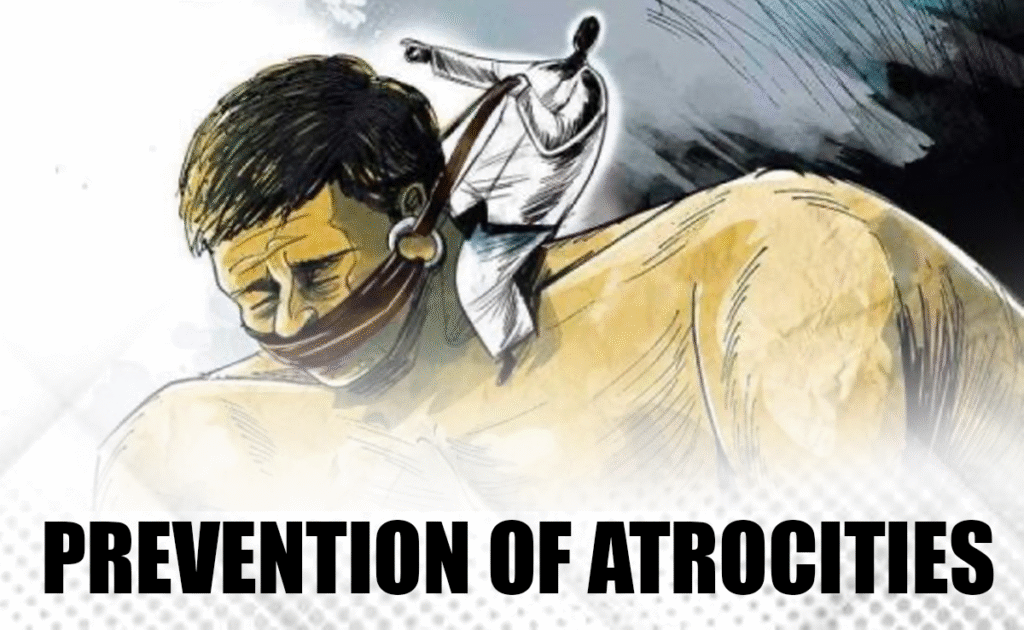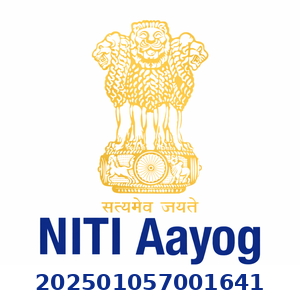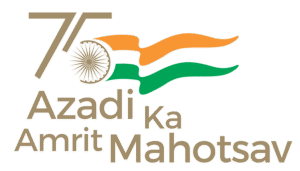- 14566 - National Helpline Against Atrocities
- 14567 - National helpline for senior citizens
- 112 - Women helpline number
- 1098 - Helpline for children in distress

The Scheduled Castes and the Scheduled Tribes (Prevention of Atrocities) Act, 1989, commonly referred to as the Prevention of Atrocities (PoA) Act, is a landmark social justice legislation enacted to prevent atrocities, discrimination, and exploitation against members of Scheduled Castes (SCs) and Scheduled Tribes (STs). The Act provides a legal framework to protect these communities from violence, humiliation, and social exclusion, and ensures stringent punishment for offenders.
The Act recognizes the historical oppression and ongoing challenges faced by SCs and STs and aims to uphold their rights to equality, dignity, and social justice through legal safeguards, speedy trial mechanisms, and dedicated provisions for relief and rehabilitation.
To prevent atrocities and offenses against individuals belonging to Scheduled Castes and Scheduled Tribes
To ensure immediate legal protection, relief, and rehabilitation for victims of caste-based violence and discrimination
To create an environment of security, respect, and inclusion for SC and ST communities
To strengthen legal deterrence against caste-based crimes through stringent punishment and special courts for speedy trials
To uphold the constitutional values of equality and social justice
Specific Offenses Defined Under the Act
Acts of physical violence, social boycotts, verbal abuse, and property-related offenses
Forced labor, denial of access to public places, humiliation, sexual harassment, and other acts of discrimination or exploitation
Offenses committed by public servants on the basis of caste
Special Courts for Speedy Trials
Establishment of Special Courts and Exclusive Special Courts for the trial of offenses under this Act
Appointment of Special Public Prosecutors for effective legal representation
Relief and Rehabilitation for Victims
Financial compensation for victims based on the severity of the offense, as per prescribed schedules
Provision of medical aid, legal aid, protection, temporary accommodation, and livelihood support
Rehabilitation plans for victims and their families
Witness Protection and Legal Safeguards
Protection for victims, witnesses, and their families from intimidation or threats during investigation and trial
Provisions to prevent the misuse of procedural delays and to ensure victim-friendly trial processes
Accountability of Public Servants
Strict action against public servants who fail to perform their duties under the Act, such as filing FIRs, conducting timely investigations, or providing relief
Awareness and Sensitization Programs: Training for police, judicial officers, and administrative staff on the provisions and spirit of the PoA Act
Monitoring Mechanism: Constitution of District and State-Level Vigilance and Monitoring Committees to oversee the implementation of the Act
Prevention Initiatives: Steps to eliminate untouchability, promote communal harmony, and sensitize communities
Victim Compensation Scheme: Financial aid and rehabilitation package as prescribed by the central and state governments
Legal Aid and Counseling: Free legal representation, psychological counseling, and social rehabilitation services for victims
Protection Homes and Shelters: Temporary accommodation and protection facilities for victims and their families
Stringent punishments including imprisonment ranging from 6 months to life imprisonment, depending on the nature of the offense
Offenses under this Act are cognizable and non-bailable
Enhanced punishment for repeat offenders and for public servants found guilty of negligence
Ministry of Social Justice and Empowerment (Government of India)
State Governments and Union Territories
District Magistrates and Superintendents of Police
Special Courts and Special Public Prosecutors
Victims can file complaints directly at the nearest police station
Approach the District Magistrate or SC/ST Welfare Department for relief measures
Legal assistance is available through State Legal Services Authorities
Victims can approach Special Courts constituted under the Act for speedy trial and justice



All Rights Reserved © SECI